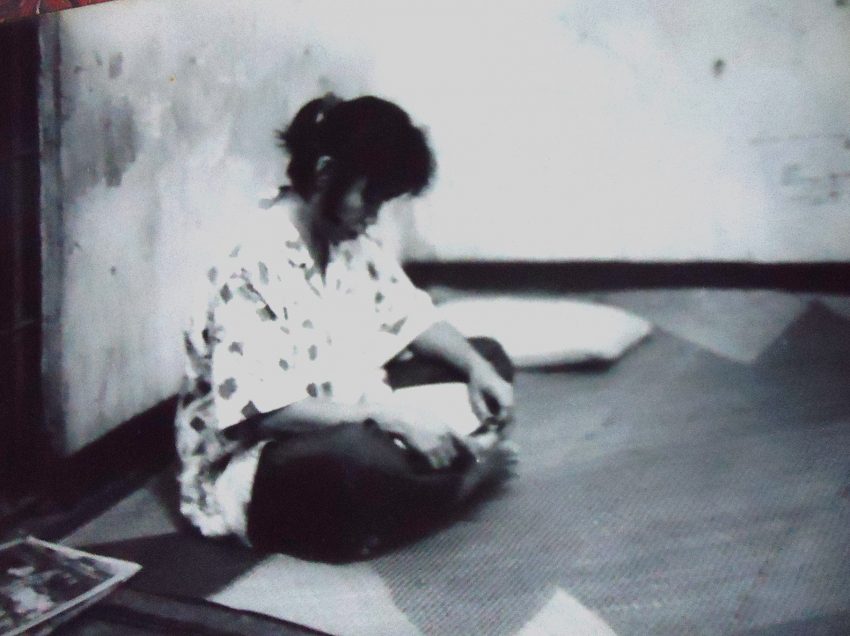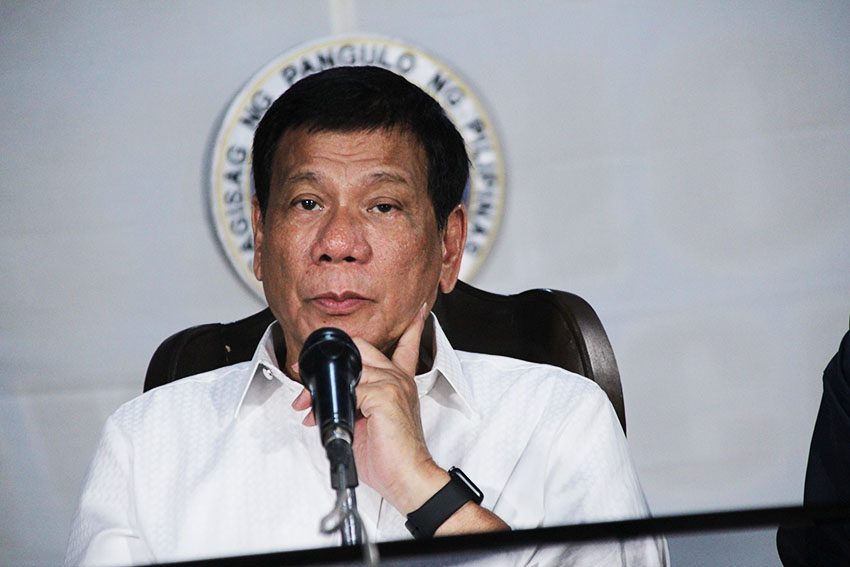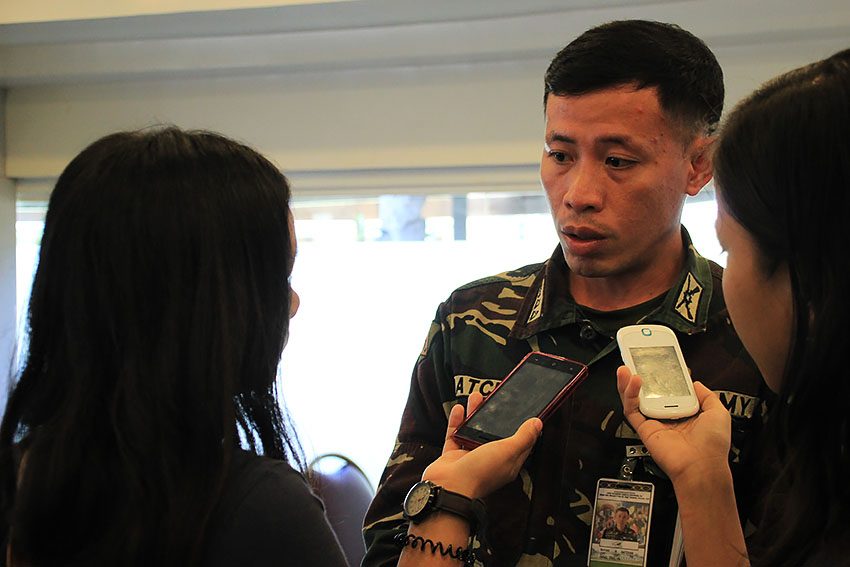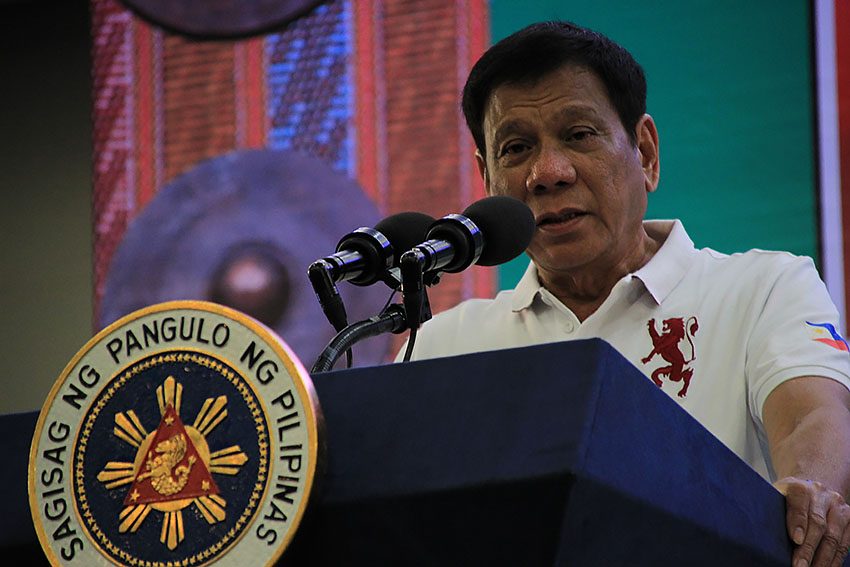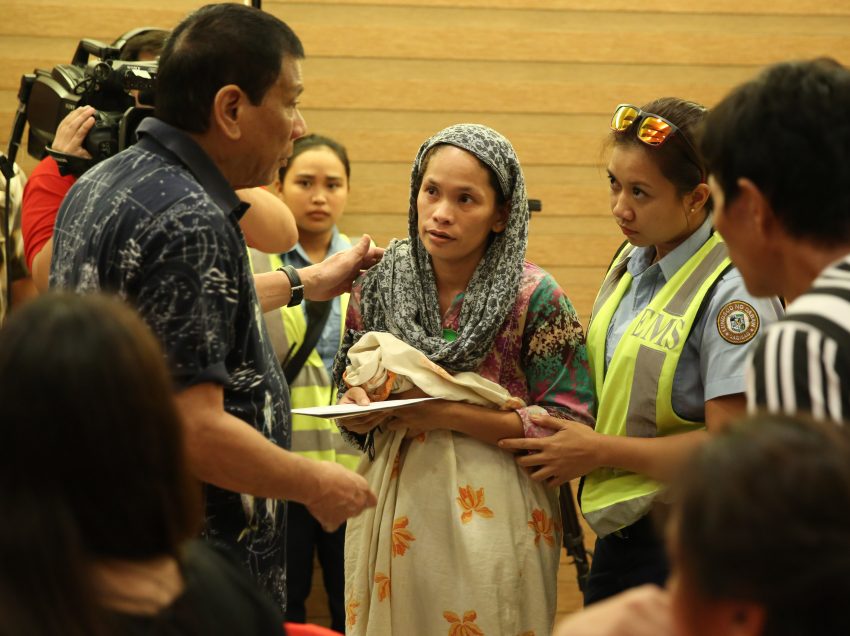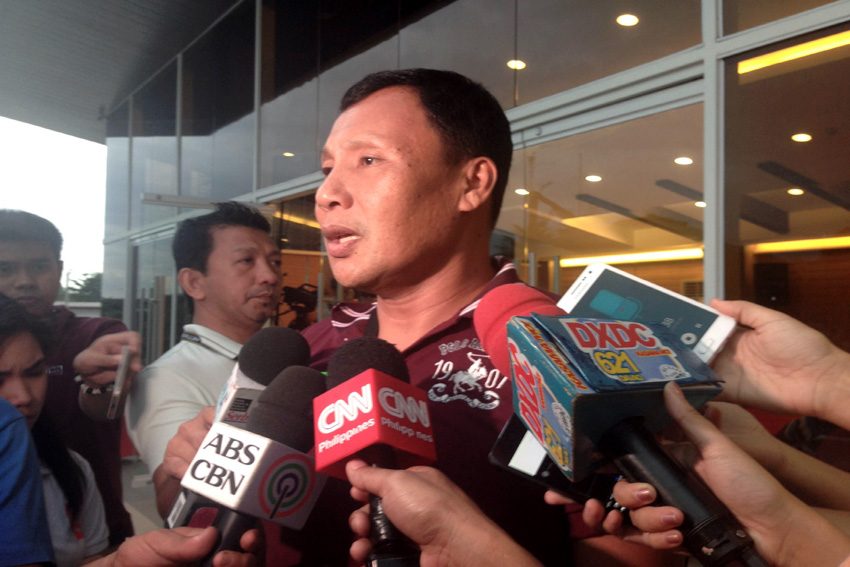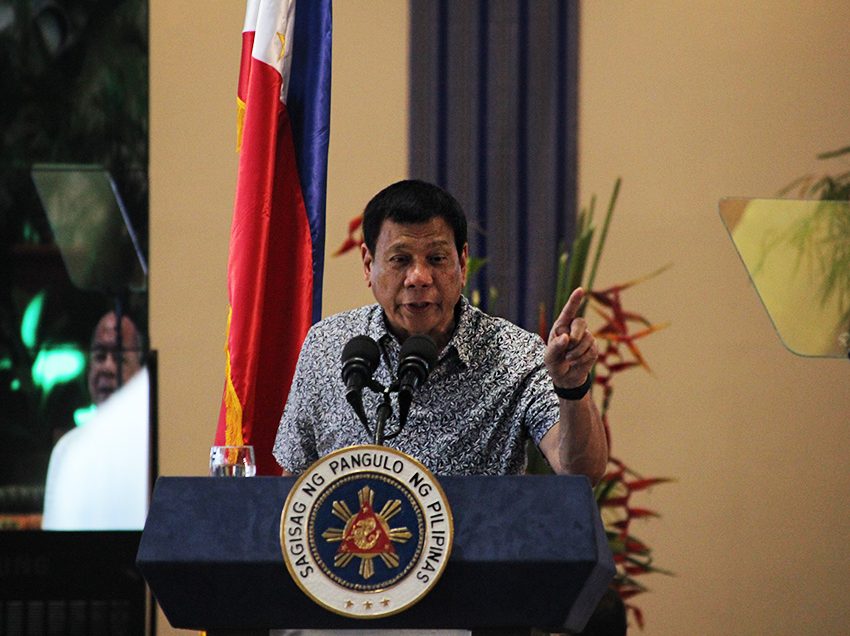Grace Mahinay, an activist during the Martial Law said: “The arresting Sergeant was even proud that I was the first woman they tortured.”
The chairman of the National Democratic Front’s Peace Panel said despite his contradictions, President Rodrigo Duterte showed strength, particularly in pursuing the peace negotiations.
IN THE PHILIPPINES, the end of Ferdinand Marcos’s 20-year dictatorship in 1986 was a tumultuous time. The new government of Corazon Aquino was being challenged on all fronts: from the Right, by ambitious military factions plotting coups; from the Left, by peasant guerrillas and angry protesters demanding radical reforms.
The Army said firearm and ammunition were recovered from an environmental activist who was caught while putting posters of a peace forum in a village in Pantukan town, Compostela Valley.
Bro. Karl Gaspar, CSsR said: “You wish him well, you really wish finally, there will be some radical changes in Philippine society. But, on the other hand, [I’m] really haunted by the memory of Martial Law. How can you not remember 14 years of horrific experiences.”
Aside from their regular duties, they are now expected to run after “ninja cops” or coddlers of drug syndicates, as well as investigate the cases of violent deaths that keep on multiplying each day as a result of the government’s current anti-drugs campaign.
Wearing crutches and poised on wheelchairs, survivors of the Davao bombing and their relatives arrived at the Matina Enclaves here Monday, September 19 for a scheduled meeting with President Rodrigo Duterte.
Environmental group Panalipdan said government soldiers in Compostela Valley province arrested their member John Claudio Maniquez, 21, a resident of Sitio Sirangan, Barangay Kingking, Pantukan on Monday evening, September 19.
Dennis Larida lost his wife and their only son at the Davao night market bombing on September 2, 2016.
President Rodrigo Duterte on Sunday, September 18, asked for another six months extension to end crime and illegal drugs.

